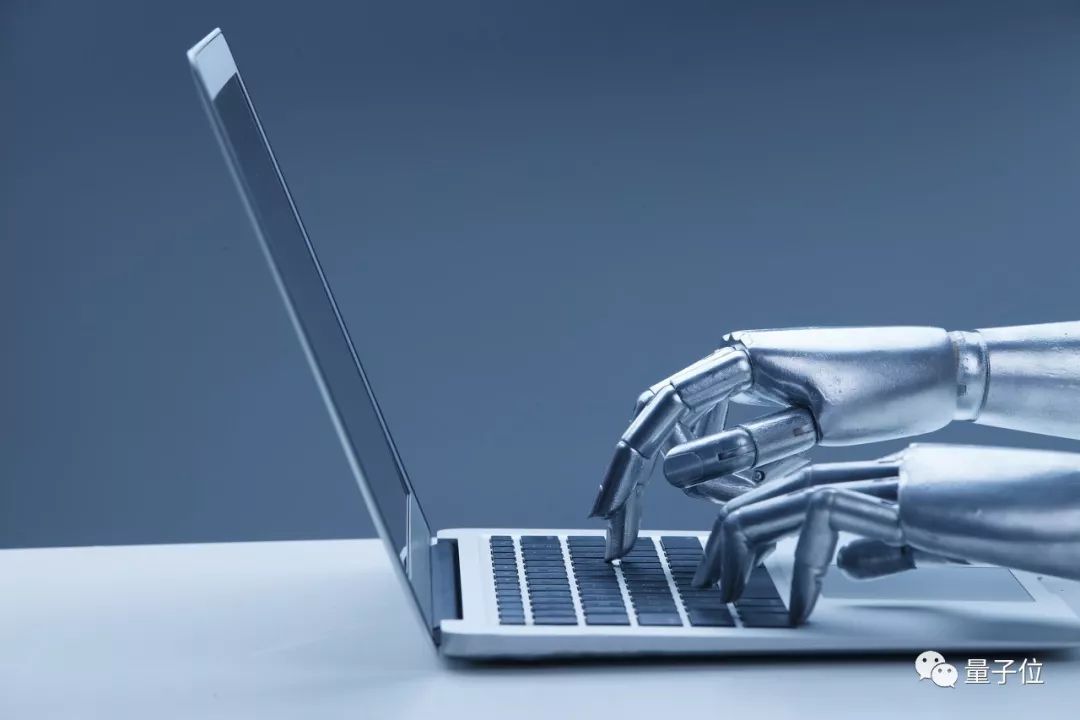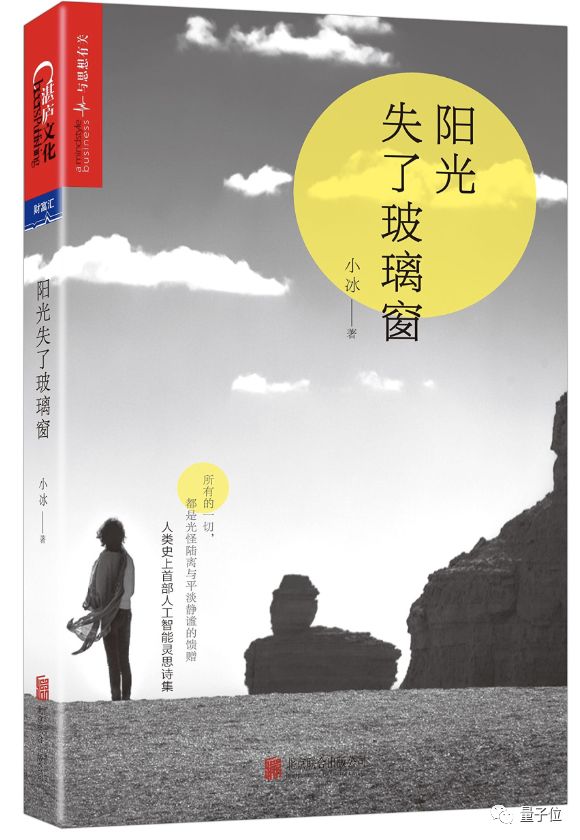

Artificial intelligence writing also has copyright! Tencent wins the first AI writing case
Qianming comes from Aofei Temple
Qubit report | Public account QbitAI

Is AI-generated content considered a work? Do you have copyright? This issue that has been discussed and paid attention to by too many people now has a legal precedent to follow.
According to Legal Daily, the Shenzhen Nanshan District People’s Court ruled that AI-generated works fall within the scope of copyright protection.
As the first case in the field of AI writing, the verdict also attracted the attention of domestic and foreign media. Foreign media VentureBeat commented:
…representing a notable milestone for AI’s credentials as a creative force.
A milestone in artificial intelligence creation.
But some people think that this is a wrong demonstration. The reason why AI can write articles is itself imitation and reference.
What is the specific situation? Let’s start with the article involved in the case.
The whole story of the first case of AI writing
At 11:32 on August 20, 2018, just 2 minutes after the stock market closed in the morning, Tencent Securities published a stock review article titledNoon Comment: The Shanghai Stock Index rose slightly by 0.11% to 2671.93 points, with communications operations, oil exploration and other sectors leading the gains., the full text is 949 words.

This can't help but surprise people. Who is it that can publish a manuscript so quickly? The answer is also given in the article. The author is not a human being.
The article is automatically written by Tencent's robot Dreamwriter, which is the so-called "automatic generation".
Tencent defines it as an intelligent writing assistance system based on data and algorithms. It was developed in August 2015 and can be used to complete approximately 300,000 works every year.
Originally, it was a robot showing off its ability to produce manuscripts, and everyone could just take a look at it. But who would have thought that this article would be moved verbatim by Wangdaizhijia and put on its own website.
Then Tencent got angry and took Shanghai Yingxun Technology Co., Ltd., the operator of Wangdaizhijia, to court. There are two reasons, one is copyright infringement and the other is unfair competition.
In September 2019, the Shenzhen Nanshan Court accepted the case and issued a verdict in January 2020, holding that the defendant had violated the plaintiff’s right to information network dissemination and should bear corresponding civil liability.
However, given that the defendant had deleted the infringing works, the court ruled that the defendant should compensate the plaintiff for economic losses and reasonable rights protection costs of RMB 1,500.
Currently, Tencent has not responded to this case.

Why are AI works deemed to have copyright?
The Legal Times report also further disclosed the basis for the court’s decision:
The article involved in the case was generated by the plaintiff's creative team using Dreamwriter software. Its external performance complies with the formal requirements of written works. Its content reflects the selection, analysis and judgment of relevant stock market information and data that morning. The article has a reasonable structure and logical expression. Clear and with a certain originality.
From the analysis of the external expression form and generation process of the article involved, the specific expression form of this article and the creation process derived from the creator's personalized selection and arrangement, and technically "generated" by the Dreamwriter software, all satisfy the copyright law. The protection conditions for literary works belong to the literary works protected by my country’s Copyright Law.
Therefore, the Shenzhen Nanshan Court finally ruled that Tencent won the case, providing a precedent for whether AI-generated works should enjoy copyright.
However, it is still difficult to reach a conclusion on whether the content generated by AI enjoys copyright. The debate in this regard has been endless since the creation of artificial intelligence.
On the one hand, can these contents be copyrighted?
In 2017, Microsoft's artificial intelligence XiaoIce launched a "personal" poetry collection "Sunshine Lost the Window". Soon, Gao Xiaosong pointed out on Weibo that if Microsoft Xiaoice's works are plagiarized, who will defend the copyright of AI?

He also pointed out that Japan has revised its laws to include novels and music generated by artificial intelligence within the scope of legal protection.
The words came true, and soon the collection of poems was pirated and put on some e-book platforms. Although some media reports paid attention to this matter and called for an explanation to Xiaobing, there was no follow-up.
However, some people believe that artificial intelligence itself relies on data and has no originality at all. In the United States, the Copyright Office has explicitly required that if you want to register the copyright of a work, you must ensure that the work was written by a human being.
This also leads to another controversy about AI-generated works: Who owns the copyright of these works?
The World Intellectual Property Organization magazine also discussed this in 2017. The article points out that it (the relevant law) can indeed deny copyright protection to computer-generated works and can also attribute the authorship of these works to the creator of the program.
Judging from the Tencent case, the Shenzhen Nanshan Court seems to have chosen the latter. Tencent owns the copyright to the content generated by Dreamwriter.
What do you think? Welcome to discuss in the message area~
Reference links:
http://epaper.legaldaily.com.cn/fzrb/content/20200108/Articel08003GN.htm
https://venturebeat.com/2020/01/10/chinese-court-rules-ai-written-article-is-protected-by-copyright/
The author is a signed author of NetEase News·NetEase account "Everyone has their own attitude"
